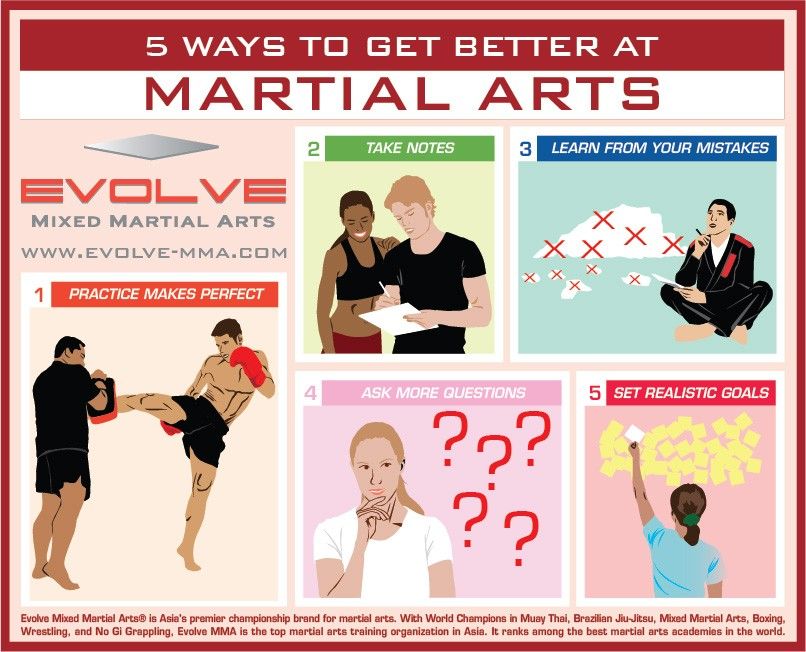The Growth And Progression Of Martial Arts: Looking Up Its Origins From Ancient Times To Contemporary Practices
The Growth And Progression Of Martial Arts: Looking Up Its Origins From Ancient Times To Contemporary Practices
Blog Article
Created By-Clemons Valentine
Enter the globe of martial arts, where ancient origins and modern-day strategies collide in an exhilarating trip of technique and self-discovery.
As you explore the background and advancement of this fascinating art form, prepare to be astounded by the cultural impacts, technological advancements, and extensive philosophy that have actually shaped it over centuries.
From the battlefields of old civilizations to the training premises of today, martial arts have stood the test of time, continuously adapting and expanding.
Each strike, each motion, lugs with it the weight of countless years of tradition and wisdom, passed down with generations. This is a story of durability, of warriors that looked for not just physical prowess, however also self-confidence and consistency.
Join us on this amazing exploration as we reveal the secrets, the legends, and the transformational power of martial arts.
Prepare to be influenced, challenged, and forever changed by the history and development of martial arts.
Cultural Impacts on Martial Arts
As you discover the background and advancement of martial arts, you'll promptly find the fascinating ways in which social impacts have actually shaped these battle techniques.
From the ancient civilizations of China and India to the more recent growths in Japan and Brazil, martial arts have been heavily affected by the cultures in which they originated.
For instance, Chinese martial arts, such as Martial Art and Tai Chi, are deeply rooted in the viewpoint of Taoism and the principle of Yin and Yang.
In contrast, Japanese martial arts, like Karate and Judo, reflect the samurai warrior practices and the worths of self-control and honor.
Similarly, Brazilian martial art, Capoeira, incorporates elements of African dancing and music, showing the cultural heritage of African slaves in Brazil.
These cultural influences not only provide each martial art its unique features yet also provide a much deeper understanding of the historical and social contexts in which they progressed.
Technical Advancements and Martial Arts
With the increase of sophisticated weaponry and ingenious training tools, you've been able to improve your skills and adapt to the ever-changing battle landscape.
click this over here now have changed the method martial arts are practiced and instructed. Virtual reality simulations now enable you to train in sensible combat circumstances without the risk of physical damage. High-speed cams capture every action, enabling you to evaluate and ideal your techniques. Wearable devices check your heart rate, breathing, and muscle mass activation, providing instant responses on your performance.
Furthermore, the development of specific equipment, such as resistance bands and dexterity ladders, has enabled you to boost your speed, strength, and agility. These technological improvements have not only made training extra reliable but have also pressed the boundaries of what is possible in martial arts, permitting you to reach brand-new elevations in your method.
The Approach and Principles of Martial Arts
The philosophy and concepts of martial arts are deeply rooted fit your state of mind and instilling discipline, focus, and respect in your practice.
1. Mindset: Martial Arts instructs you to create a strong and resilient attitude. It allows you to conquer difficulties both on and off the mat, pushing your limits and persevering in the face of hardship.
2. Self-control: Martial Arts demands self-control and self-constraint. With regular training and adherence to rigorous guidelines and techniques, you find out to manage your impulses and establish a strong work principles.
3. Emphasis: Martial Arts calls for intense focus and concentration. By training your mind to be existing in the moment, you improve your ability to respond rapidly and efficiently during battle scenarios.
4. Respect: Martial Arts highlights respect for oneself, trainers, training companions, and challengers. It teaches you to value the abilities and experiences of others, fostering a sense of friendship and gamesmanship.
Conclusion
Congratulations on completing your journey with the fascinating globe of martial arts! Throughout visit the next page , you have seen the rich history and exceptional evolution of these battle techniques.
From their old origins to the modern techniques we see today, martial arts have actually been formed by cultural impacts.
The integration of innovation has actually also played a significant role in revolutionizing the way martial arts are educated and exercised in the present day.
Nevertheless, it is important to keep in mind that martial arts are more than just physical fight. They incorporate profound ideologies and guiding concepts that surpass the mere act of fighting.
Take a moment to reflect on this obsolete adventure and appreciate exactly how the legacy of martial arts remains to thrive in today, transcending time and borders.
